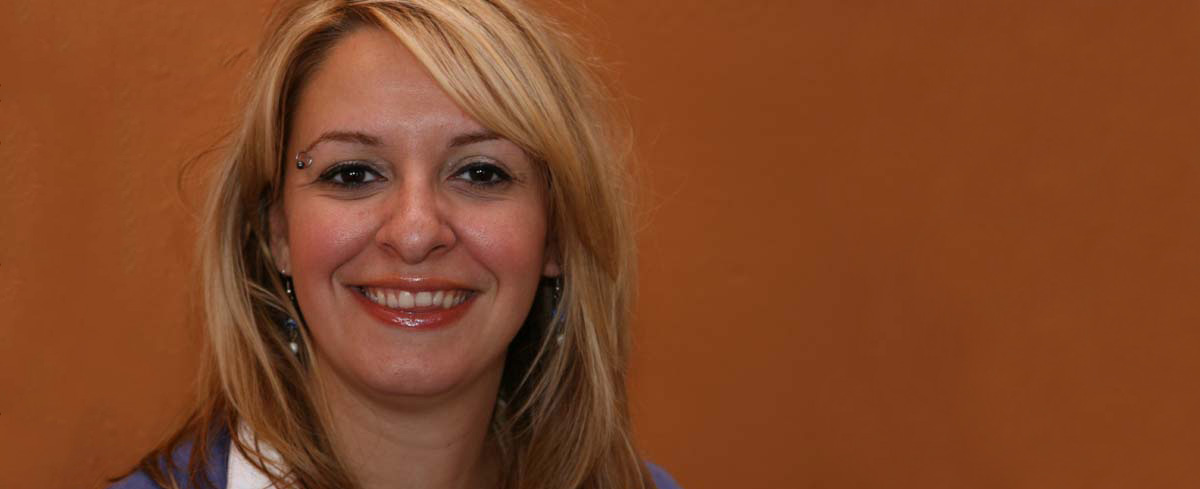
(Edmonton) While working on her masters in social work, Laura Pacheco remembers going into a first meeting with a young woman with an intellectual disability and being asked by her supervisor to start a conversation about abortion.
"That moment made me step back and think. Were there really good reasons for this woman not becoming a parent or was it simply bias because she had an intellectual disability? That patient started me down the path to earning my PhD."
Pacheco, who will receive her PhD in Rehabilitation Science from the University of Alberta in June, said her research has implications for policymakers and social workers when deciding if people with intellectual disabilities are fit to look after their own children.
"Intellectual disabilities aren't perceived well. Mothers with cocaine addictions can have custody over their children in some cases, whereas those with a slightly lower IQ are deemed unfit to be parents," said Pacheco.
Pacheco's research focuses on mothers of Aboriginal, Portuguese, South Asian, Chinese and Polish heritage living in Alberta and Quebec and examines the social expectations they endured. Over the two years, she observed the women as they went about their daily lives, occasionally accompanying them to the store for groceries or school to pick up their children. She heard about the significant moments as the kids grew up, about their marriages and divorces and how motherhood changed them.
Many of the women were abused, or treated like children by their families and communities. In some cases, having children fulfilled a social expectation-a sign of becoming an adult, Pacheco says. Several of the mothers had arranged marriages to men who did not consider them proper wives until they had children.
Ridicule, isolation and losing children to foster care
For some women, intellectual disabilities were cited as grounds for removing children from their mothers' care and into the foster system. Losing their children removed that new-gained social standing, Pacheco says, and the mothers become ridiculed and isolated inside their communities.
"They said to me, you are not a good mother, you have a mental handicap and they had the children placed in a foster home. Now I am abandoned-abandoned from my family and my Portuguese culture," said Maria, one of the mothers.
Pacheco interviewed women in their homes in Montreal and Calgary. Her aim was to diminish the gap in knowledge about these mothers, who are at an intersection between forces of cultural expectations, the stigma around intellectual disability and the pressures of motherhood.
"I had to start by breaking the ice, asking them about photographs, for example. Sometimes it took seven three-hour interviews before they had shared all their story," said Pacheco.
Those stories often centred around how having a child empowered the mothers, in some cases, giving them the push they needed to stand up and leave abusive relationships.
Pacheco said family and community support is important-a friend or relative looking after the children for an hour so the mother can get out of the house, opportunities to socialize within the community and share experiences about being a mother. She wants those family and community supports to be accounted for when decisions are made about who can look after a child.
Pacheco hopes that her study will open up the conversation and urge other social workers as well as fellow researchers to examine each mother's individual story.
"Even telling a story is empowering. Simply having been an audience to these mothers' stories has helped them validate themselves and feel better about their own experiences."